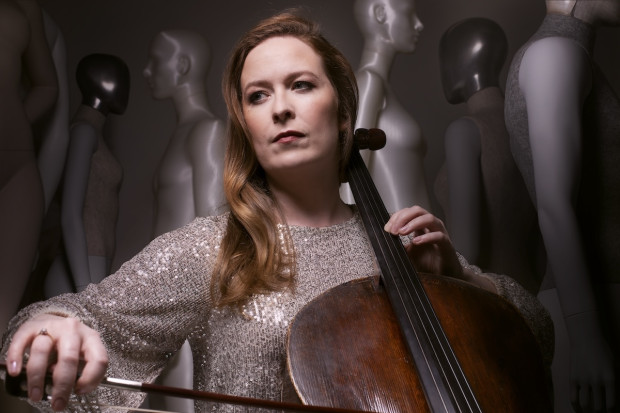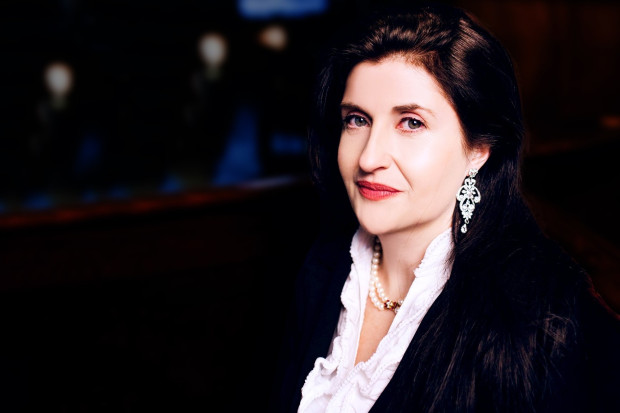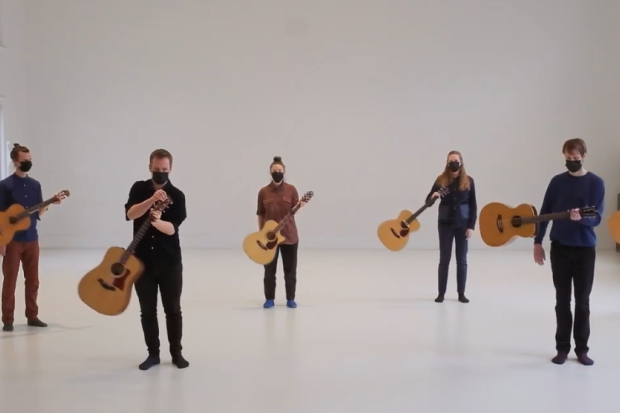
See, what love the father shows us: Michael Haneke’s Das weisse Band
Like Smoke
Ten years ago, Lindsay Armstrong, the Artistic Director of Dublin’s Orchestra of St Cecilia resolved to produce all of Johann Sebastian Bach’s church cantatas, a project that would take until March of this year to complete, with 200 cantatas over sixty concerts. It’s a monumental and visionary commitment to have made, completely out of step with a time tempered often by short-term thinking and pragmatism. There’s irony in the fact that Armstrong’s project began during the peak of the Irish economy’s success – a time of unbridled short-sightedness – and concluded in the shadow of its magnificent failure.
Weil er zu Trost in diese Welt ist kommen.
Just what is it about these cantatas that draw such dedication? It’s very beautiful music, of course, but there must be something more. Speeches made by Armstrong and the conductor, Blánaid Murphy, following the closing concert revealed a more profound connection to these works. These speeches were delivered with an eloquence and honesty that itself seemed from another era, occasionally a voice quivering when the emotion overwhelmed, or faltering into wordlessness. This performance seemed to mimic a cantata, and perhaps began to answer the question of the cantatas’ relevance. As these words were the accumulation of years of planning, rehearsals, doubts and finally celebration, the cantatas are an accumulation of the great span of human experience – from joy, discovery and birth, right through to suffering, darkness and loss. They are guides and comforters.
So muss die Rache sich entzünden
Shortly before my last trip to Germany, I saw Michael Haneke’s new film, Das weisse Band (The White Ribbon). Set in northern Germany on the eve of the First World War, it shows a repressed culture in a village with a face of tranquility and order, but with a disturbing undercurrent of violence and malice. I mentioned it at every opportunity, because I was excited by its excellence, but also to see what the reaction was among other descendants of that culture. I soon found that it was the number one conversation killer: everyone had seen it, but no one wanted to talk about it. And just as a picture of a rural village in 1913 is troublingly familiar to contemporary Germans, the Germany of Bach’s time might not have seemed so distant to the people of Haneke’s film. Indeed, the film prominently features chorale hymns sung in church, which might as well have been arranged by Bach, and it was filmed partly in Leipzig, where most of these cantatas were written.
Sehet, Welch eine Liebe hat uns der Vater erzeiget…
The texts of the cantatas, though sometimes gentle, are more often as severe as Haneke’s pastor – he forces his children to wear a white ribbon to keep them ‘innocent’ and ‘pure’ and ritually beats them for the most minor transgressions. But this is the strange paradox to that culture: to the pastor, all this is an expression of his love for his children, a fact that he declares openly while sentencing them to his cane. The same is true of the cantatas: they are filled with deeply sentimental texts, proclaiming an earnest love for a brutal deity. Knowing this makes neither the scenes of Das weisse Band nor the cantata texts easier to stomach, but it does reinforce their humanity. And perhaps to a secular listener it is this complex human universe – a love that is cruel as much as it is kind, that gives the cantatas their magnetism and trancendence.
Was die Welt / In sich halt / Muss als wie ein Rauch vergehen.
And then there’s the music. What strikes me more than anything is the formal consistency to the cantatas, and the lack of artistic ambition as we know it more than the presence of it: going back and forth between chorales, recitatives and arias, Bach did more or less the same thing for more than four decades. It’s an overstatement of course, and Bach scholars would disagree, but it is obvious on first listening that his first cantata is of the same stock as the last. In a modern age that’s unimaginable – many composers change how they write radically from piece to piece, let alone over the spans of their careers, and our musical culture actively promotes this fickleness. Bach’s works are anachronisms in every sense, completely jarring in an unstable and capricious world – his own included. This is why they are important. They are of another time, but also somehow existing out of time, at once permanent and fleeting. What the world / Contains within it / Must pass by like smoke.
Published on 1 April 2010
Benedict Schlepper-Connolly is a composer and a director of Ergodos, a production company and record label. schlepperconnolly.com














